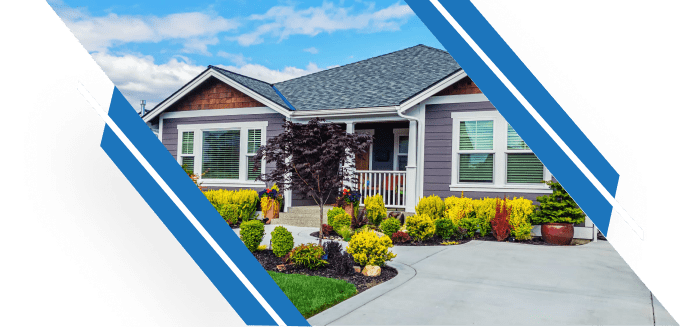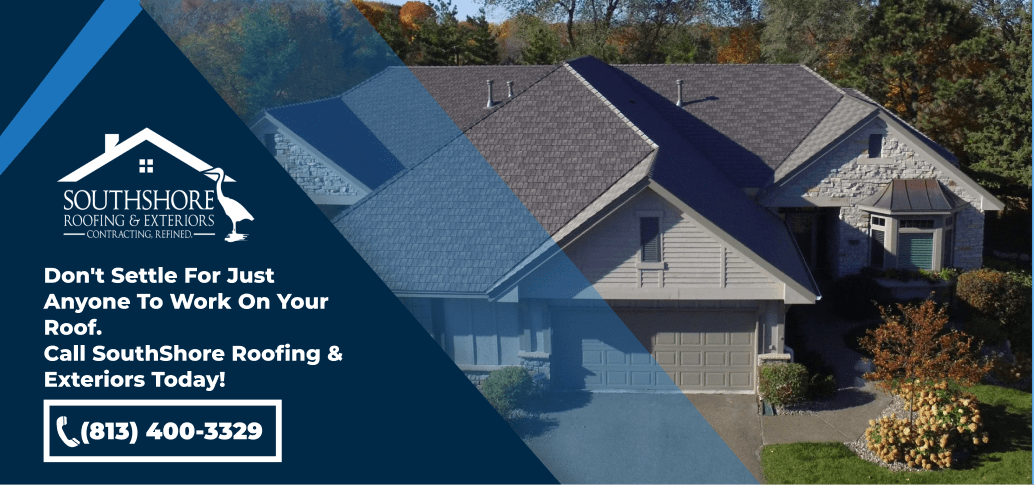Selecting the right wood for your outdoor deck replacement is a critical decision for Tampa homeowners. Florida’s high humidity, intense sun exposure, and seasonal heavy rainfall all take their toll on outdoor structures. The material you choose directly impacts how long your deck will last and how much maintenance it will require throughout its lifetime.
Weather-resistant hardwoods offer exceptional durability in humid environments, while pressure-treated pine deck boards remain a popular and economical option for many homeowners. Cedar decking boards provide natural beauty and resistance to insects, though they require more maintenance than some alternatives. For those seeking low-maintenance decking options, composite materials have emerged as strong competitors to traditional wood, offering impressive longevity with minimal upkeep.
Tropical hardwood deck durability is particularly noteworthy for Florida installations, as these materials naturally resist moisture, insects, and decay. When comparing cedar vs. composite decking materials, homeowners must weigh aesthetic preferences against practical considerations like maintenance commitment and long-term performance.
Before making your decision, it’s important to understand how each material will perform specifically in Tampa’s climate. The right choice balances appearance, durability, maintenance requirements, and performance — factors that vary significantly based on your property’s exposure and your personal priorities.
Pressure-Treated Pine: Budget-Friendly Durability for Tampa Decks
Pressure-treated pine is a popular decking material choice for Tampa homeowners seeking value without sacrificing performance. This option undergoes a chemical treatment process that forces preservatives deep into the wood’s cellular structure, creating significant resistance to insects, fungal decay, and moisture damage, all persistent threats in Florida’s humid climate.
A standard pressure-treated pine deck typically lasts around 20 years in Tampa’s weather conditions and when properly maintained. The key to maximizing its lifespan lies in consistent upkeep. Unlike more expensive alternatives, pressure-treated lumber requires annual inspections for signs of warping or cracking, regular cleaning to prevent mildew buildup, and reapplication of water-repellent sealer every few years.
Many Tampa homeowners appreciate that pressure-treated pine can be stained in various colors to complement their home’s exterior. When selecting pressure-treated boards, look for KDAT (kiln dried after treatment) options, which arrive with less moisture content and reduced likelihood of warping after installation, which is a particular advantage in our area’s high humidity.
While not the longest-lasting deck material available, pressure-treated pine offers an excellent balance of initial affordability and respectable durability. For homeowners who don’t mind some regular maintenance and want to stretch their renovation budget further, pressure-treated decking options deliver reliable performance in Tampa’s challenging climate.
Cedar and Redwood: Natural Beauty for Outdoor Living Spaces
When considering natural wood options for your Tampa deck replacement, cedar and redwood stand out for their inherent beauty and performance. These premium softwoods contain natural oils that provide built-in resistance to decay, insects, and moisture without requiring chemical treatments. This makes them appealing to environmentally conscious homeowners looking for natural alternatives to pressure-treated lumber.
In Tampa’s intense climate, cedar typically weathers to a distinguished silver-gray patina over time unless regularly treated. Redwood, with its rich reddish-brown hue, offers natural stability and tends to resist warping and checking better than cedar. Both woods require periodic cleaning and resealing every one to two years to maintain their color and protective properties in Florida’s high humidity and frequent rainfall.
While these woods come at a higher price point than pressure-treated pine, many Tampa homeowners find the investment worthwhile for the exceptional aesthetic appeal and natural resistance properties. Cedar and redwood decks typically last 15 to 30 years when properly maintained. Their thermal properties also keep deck surfaces cooler underfoot during Tampa’s hot summers — a practical benefit beyond their visual appeal.
For Tampa area homeowners seeking a balance between natural materials and performance, cedar and redwood offer distinctive character that manufactured products cannot replicate, creating outdoor living spaces that beautifully complement Florida’s natural landscape.
Tropical Hardwoods: Premium Options for Long-Lasting Decks
For Tampa homeowners seeking exceptional durability in their deck replacement, tropical hardwoods represent the gold standard. Species like ipe, cumaru, and tigerwood offer extraordinary resilience against Florida’s harsh climate. These dense hardwoods naturally resist rot, insects, mold, and decay without chemical treatments, making them ideal for withstanding Tampa’s humidity, intense sun, and seasonal downpours.
Ipe, or Brazilian walnut, can last over 50 years and boasts impressive fire resistance and strength ratings exceeding many building materials. Cumaru provides similar durability with a warmer color palette, while tigerwood offers distinctive striping patterns that create visually striking deck surfaces.
When sourcing tropical hardwoods, Tampa homeowners should look for Forest Stewardship Council (FSC) certified products that ensure sustainable harvesting practices. While installation requires specialized tools due to their density, professional contractors experienced with these materials use proper techniques, including pre-drilling for fasteners and allowing for minimal expansion gaps.
Though tropical hardwoods come with a higher initial investment, their extended lifespan and minimal maintenance requirements often result in lower lifetime costs compared to other decking options. Tampa homeowners typically only need to apply UV-protective oil every one to two years to maintain color, with no sealing or staining required for structural integrity. These weather-resistant hardwoods provide exceptional value for homes in Florida’s challenging climate.
Composite Deck Materials: Modern Alternatives to Traditional Wood
Composite decking has revolutionized outdoor living spaces across Tampa with materials that combine the appearance of natural wood with significantly enhanced durability and performance. These wood-plastic composite products typically consist of wood fibers encased in polymer, creating boards that resist the moisture, humidity, and intense UV exposure that quickly deteriorate traditional wood decks in Florida’s climate.
Unlike cedar or pressure-treated pine, composite decking materials won’t splinter, warp, rot, or require regular staining. Maintenance typically involves just occasional cleaning with soap and water, which is a compelling advantage for Tampa homeowners tired of annual deck maintenance routines. While initial installation costs exceed traditional wood options, the long-term value is clear through eliminated expenses for sealants, stains, and potential board replacements.
Recent technological advancements have dramatically improved the look of composite decks. Modern products feature realistic wood grain patterns, varied color streaking, and texturing that convincingly mimics premium hardwoods. Many manufacturers now offer multiple color options that resist fading, even under Tampa’s relentless sunshine.
For environmentally conscious homeowners, many composite options incorporate recycled content, which reduces landfill waste while creating durable outdoor decks. With lifespans commonly exceeding 25 years and minimal maintenance requirements, composite decks have become an increasingly popular choice for Tampa deck replacements.
Making Your Decision: Climate-Specific Considerations for Tampa Homeowners
Tampa’s unique climate creates specific challenges for deck materials that homeowners should consider. High humidity levels, salt air exposure (especially in coastal neighborhoods like Davis Island and Apollo Beach), intense year-round sun, and the threat of tropical storms all impact how different decking materials perform over time.
In Tampa’s coastal areas, tropical hardwoods and high-quality composites deliver superior salt-air resistance. For homes in tree-covered neighborhoods like Temple Terrace, cedar and redwood naturally resist the mold and mildew that flourish in shaded, damp environments. Homeowners in open, sun-exposed locations like New Tampa should prioritize materials with excellent UV resistance to prevent fading and surface degradation.
When evaluating total ownership costs, consider that pressure-treated pine offers the lowest initial investment but requires annual maintenance that adds up over time. Weather-resistant hardwoods have higher upfront costs but might prove more economical over time due to their minimal maintenance needs and extended lifespans. Low-maintenance composite decking materials balance these considerations with moderate initial costs and minimal ongoing expenses.
Your deck replacement decision should account for Tampa’s specific weather patterns, your property’s exposure conditions, and your tolerance for maintenance. The ideal material for your project creates the perfect balance between initial investment and long-term performance in Florida’s demanding climate, ensuring your outdoor living space remains beautiful and functional for years to come.
Professional Installation: Maximizing Your Deck’s Performance and Lifespan
Even the highest quality decking materials can fail prematurely when improperly installed, making professional installation crucial for Tampa homeowners. Florida’s climate creates unique installation challenges that experienced contractors understand and address proactively. For instance, pressure-treated pine requires precise spacing to accommodate swelling during humid summers, while tropical hardwoods need specialized fastening systems due to their density.
When working with cedar deck boards, professionals know to install them bark-side up to minimize cupping and apply end-cut sealant to prevent moisture absorption. Composite decking installation requires specific expansion gaps that vary based on temperature during installation.
When selecting a deck contractor in the Tampa area, verify that they hold appropriate licensing through the Florida Department of Business and Professional Regulation and carry adequate insurance coverage. Ask potential contractors about their specific experience with your chosen decking material and request references from similar projects completed in the last two years.
Look for contractors who offer comprehensive warranties that cover both materials and workmanship. Reputable deck installers will provide detailed written estimates that include timeline expectations and material specifications. The right professional partnership ensures your weather-resistant hardwood or low-maintenance composite deck delivers maximum value and longevity in Tampa.
Expert Deck Installation by SouthShore Roofing & Exteriors
Choosing the right material for your outdoor deck replacement in Tampa is necessary to ensure it lasts for decades to come. SouthShore Roofing & Exteriors specializes in installing a variety of high-quality decking materials tailored to withstand Florida’s unique climate challenges. Whether you’re considering pressure-treated pine for its cost-effectiveness and durability, or looking into luxurious tropical hardwoods for their unmatched longevity and resistance to weather, we have the expertise to guide you through your decision.
Don’t let the humid Tampa weather compromise the beauty and functionality of your outdoor living space. Call SouthShore Roofing & Exteriors today at (813) 400-3329 to schedule a consultation and ensure your deck is built to last with the best materials suited for the Florida climate. Let us help you create the perfect outdoor retreat for your home!




